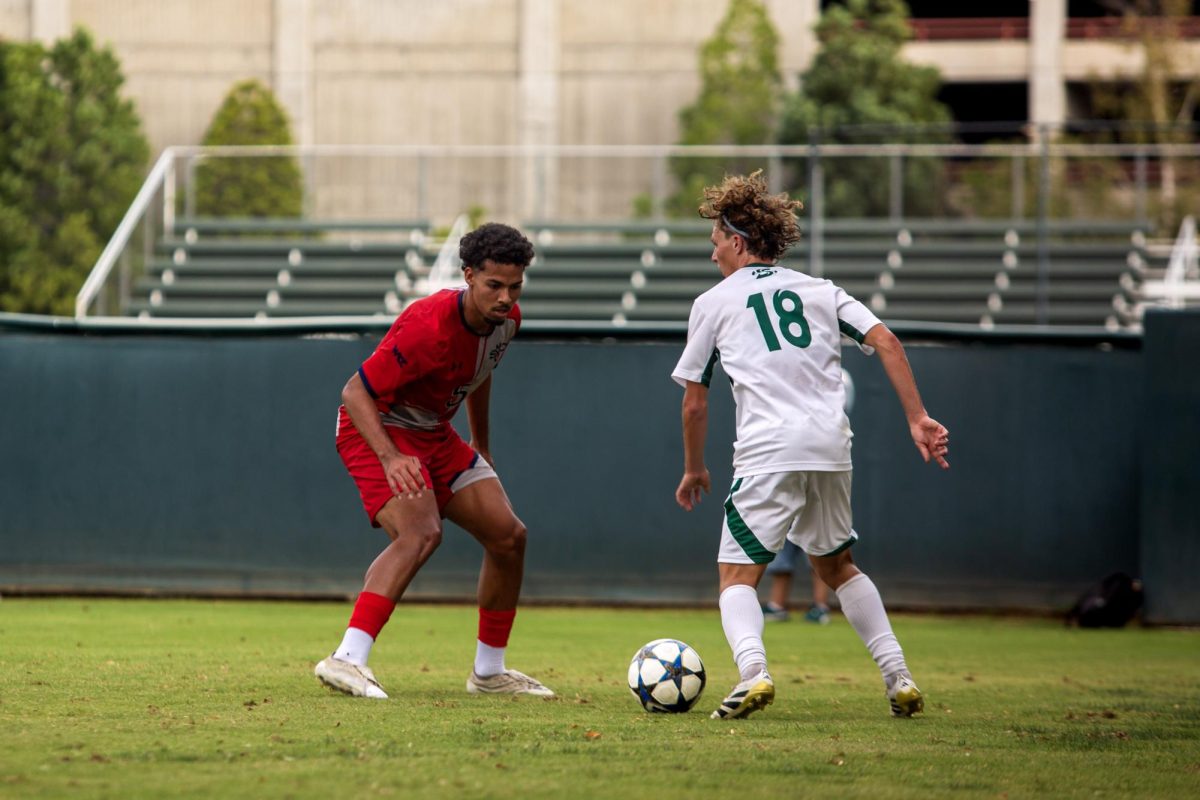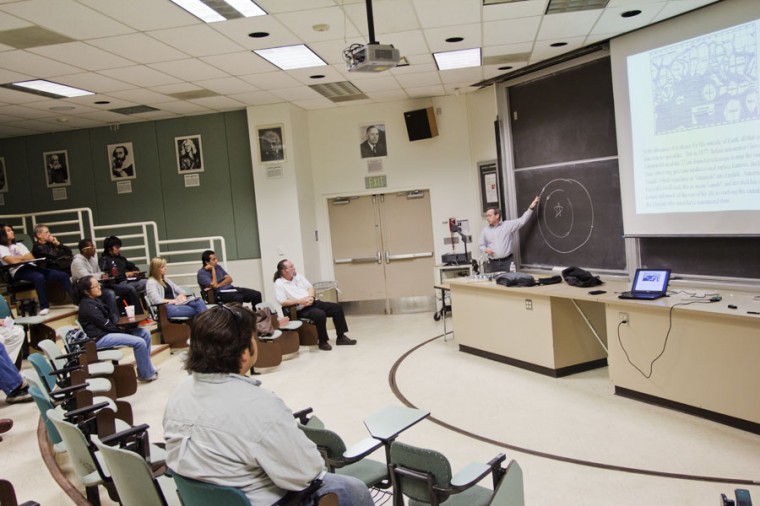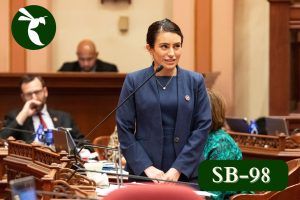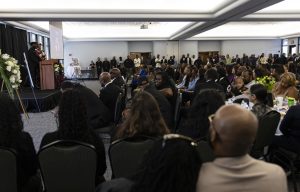Donate to The State Hornet
$2721
$2500
Contributed
Our Goal
Your donation will support the student journalists of Sacramento State University. Your contribution will allow us to purchase equipment and cover our annual website hosting costs.
About the Writer

























































































































